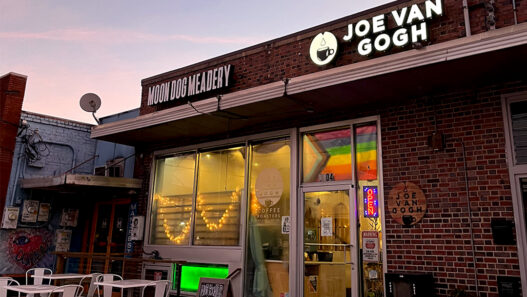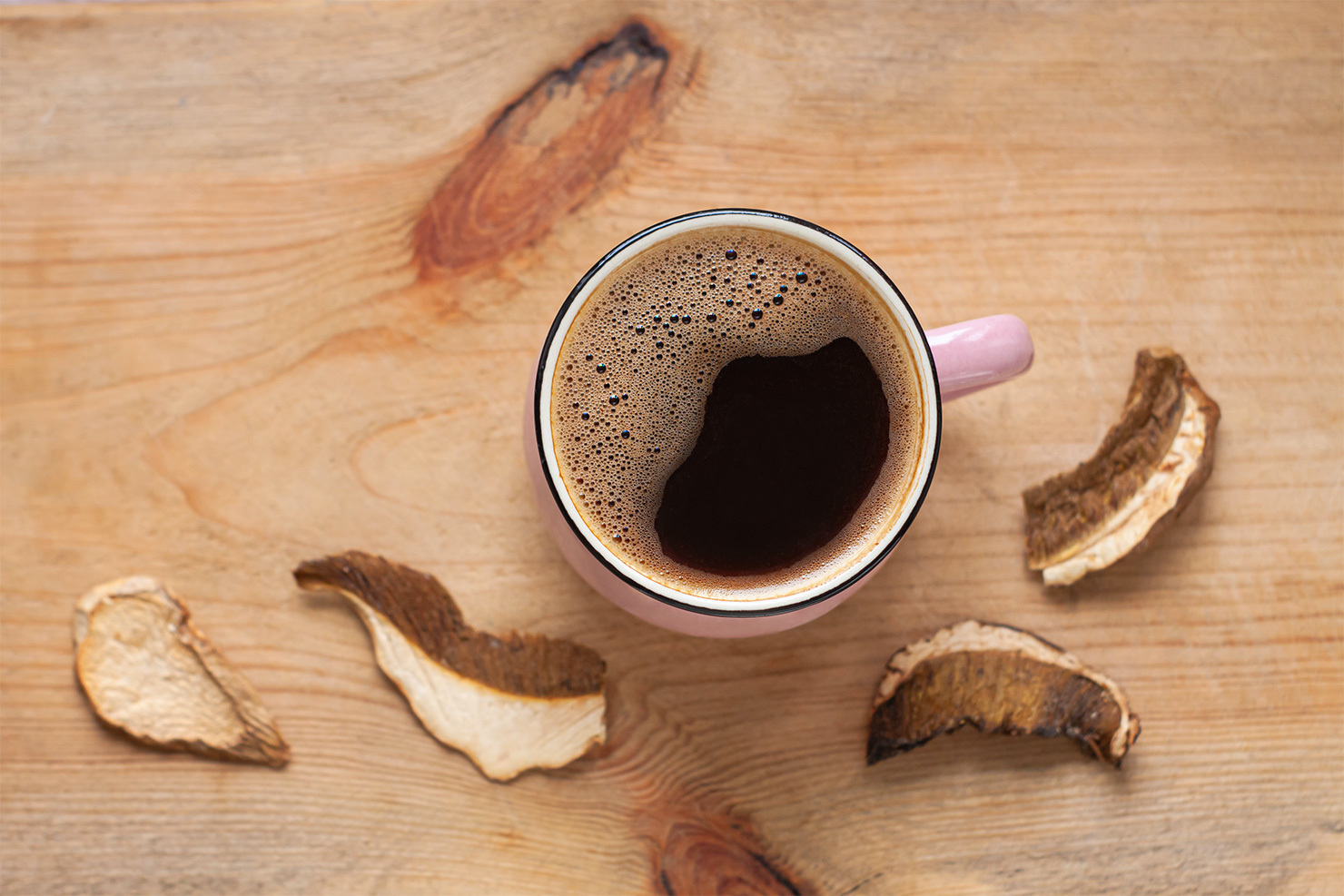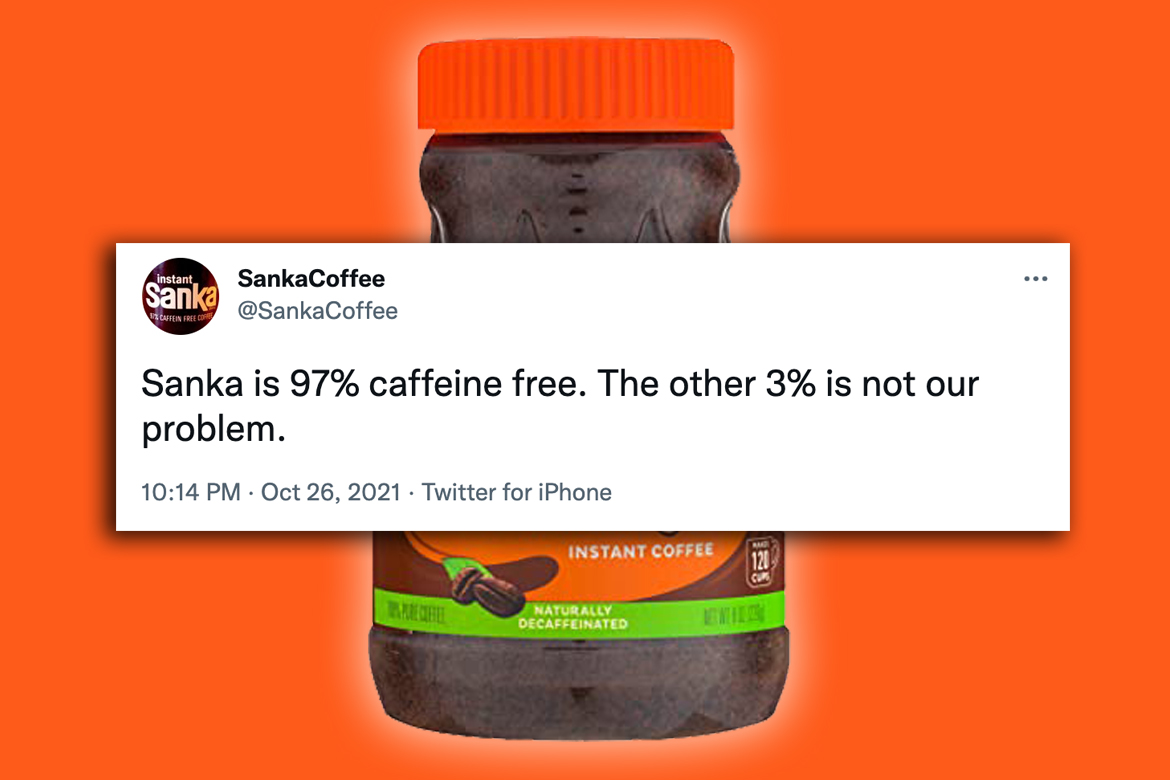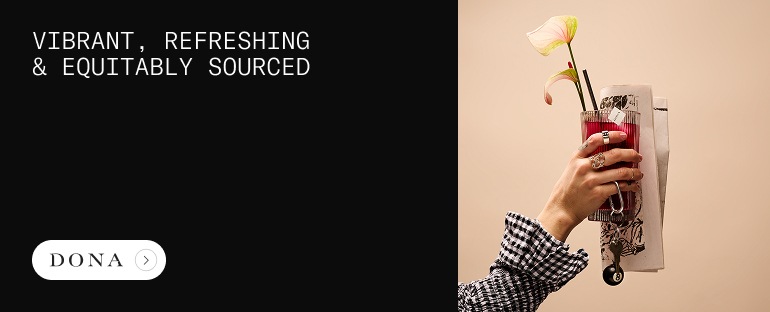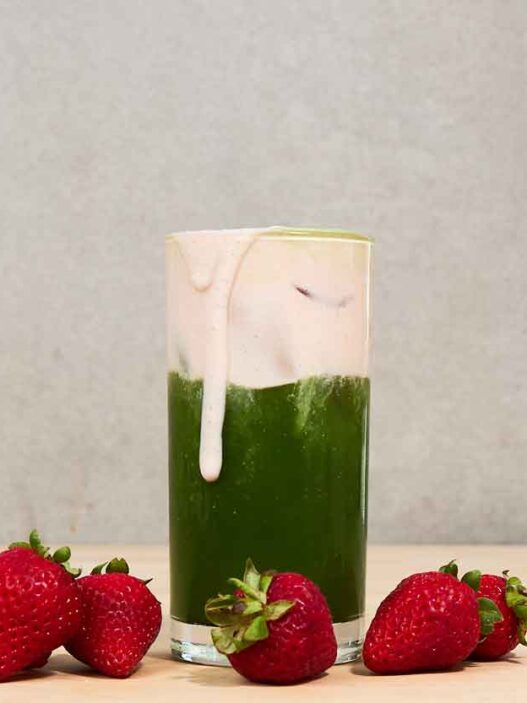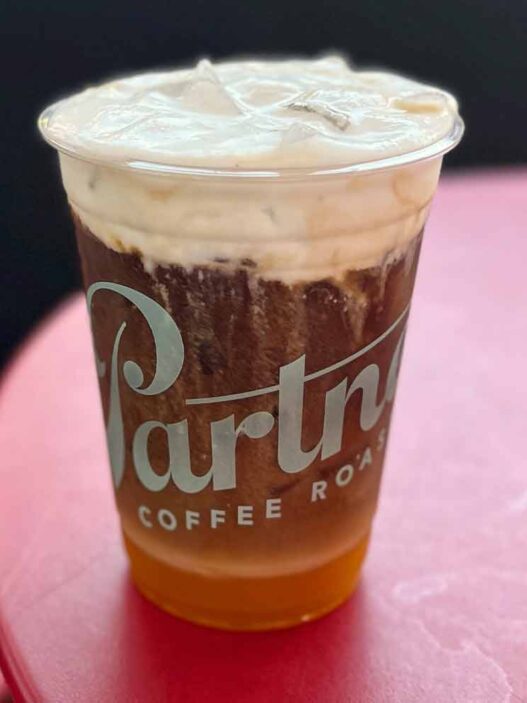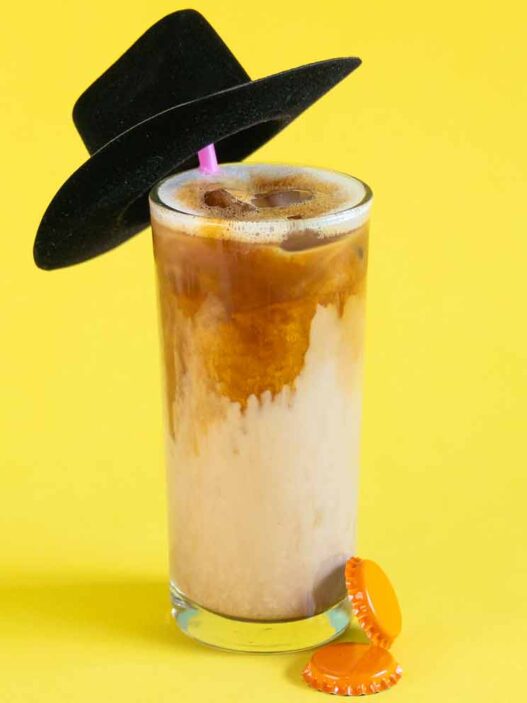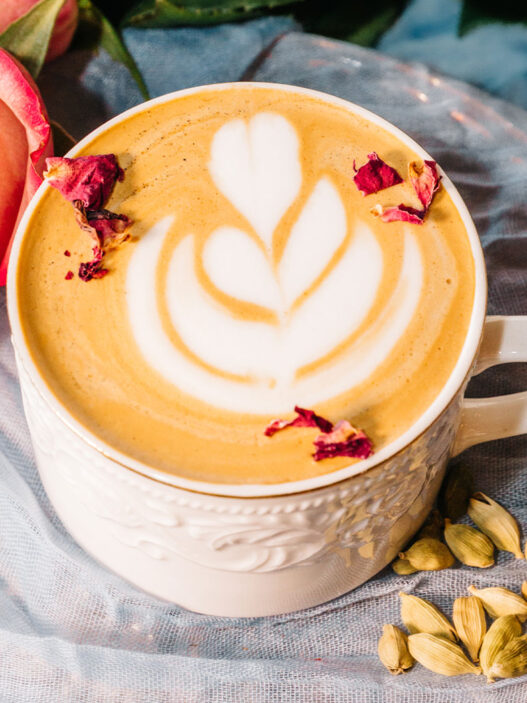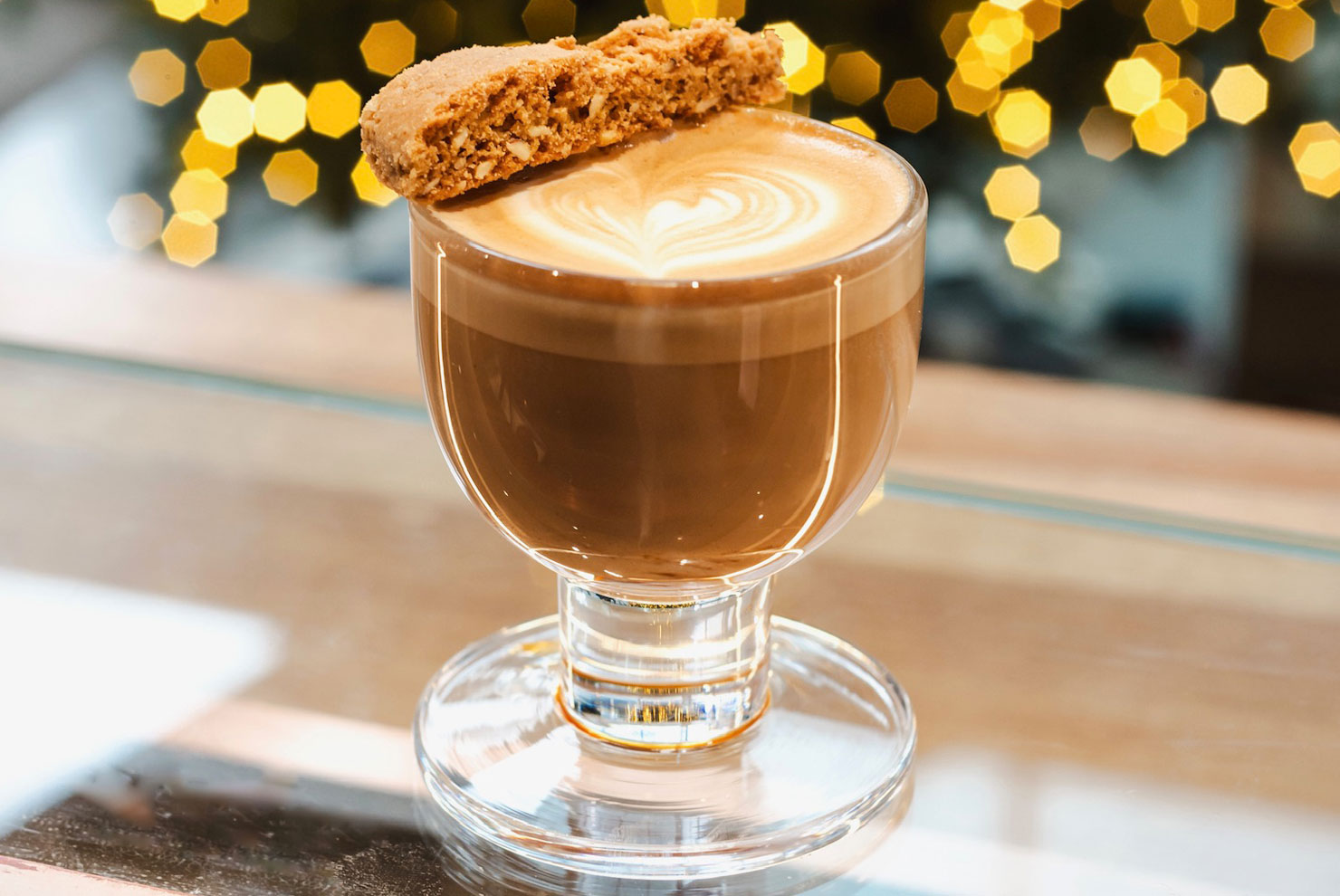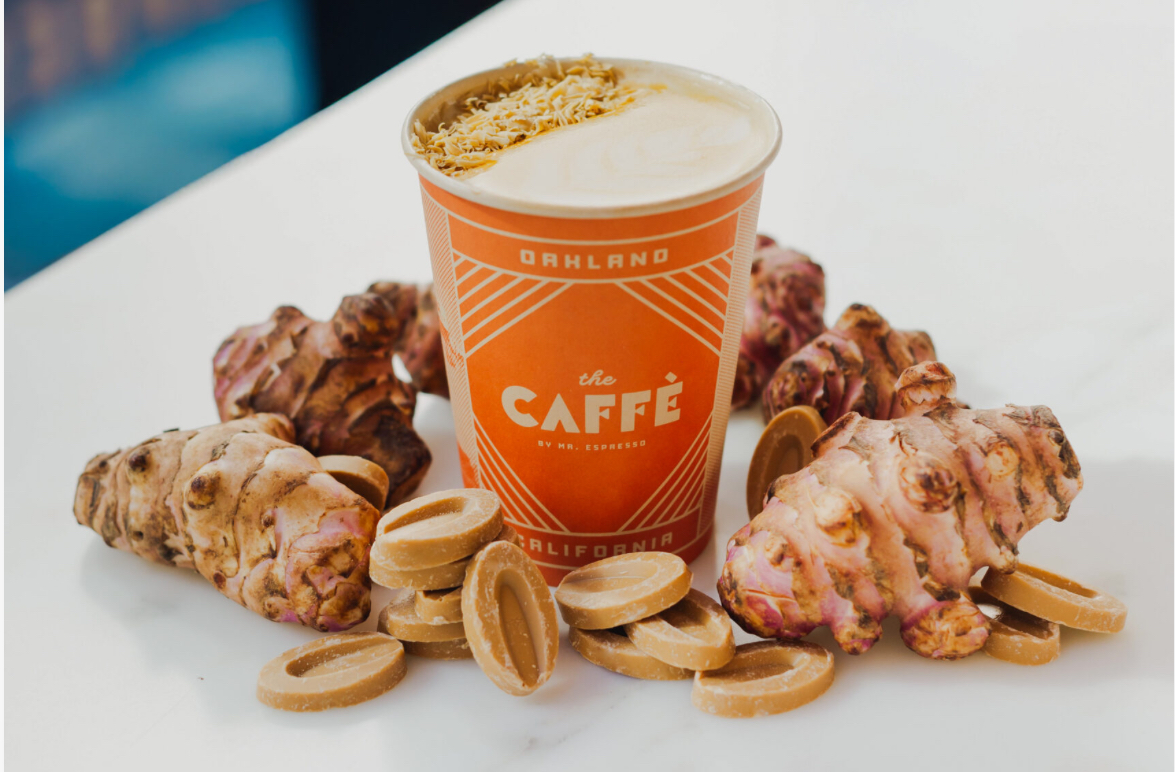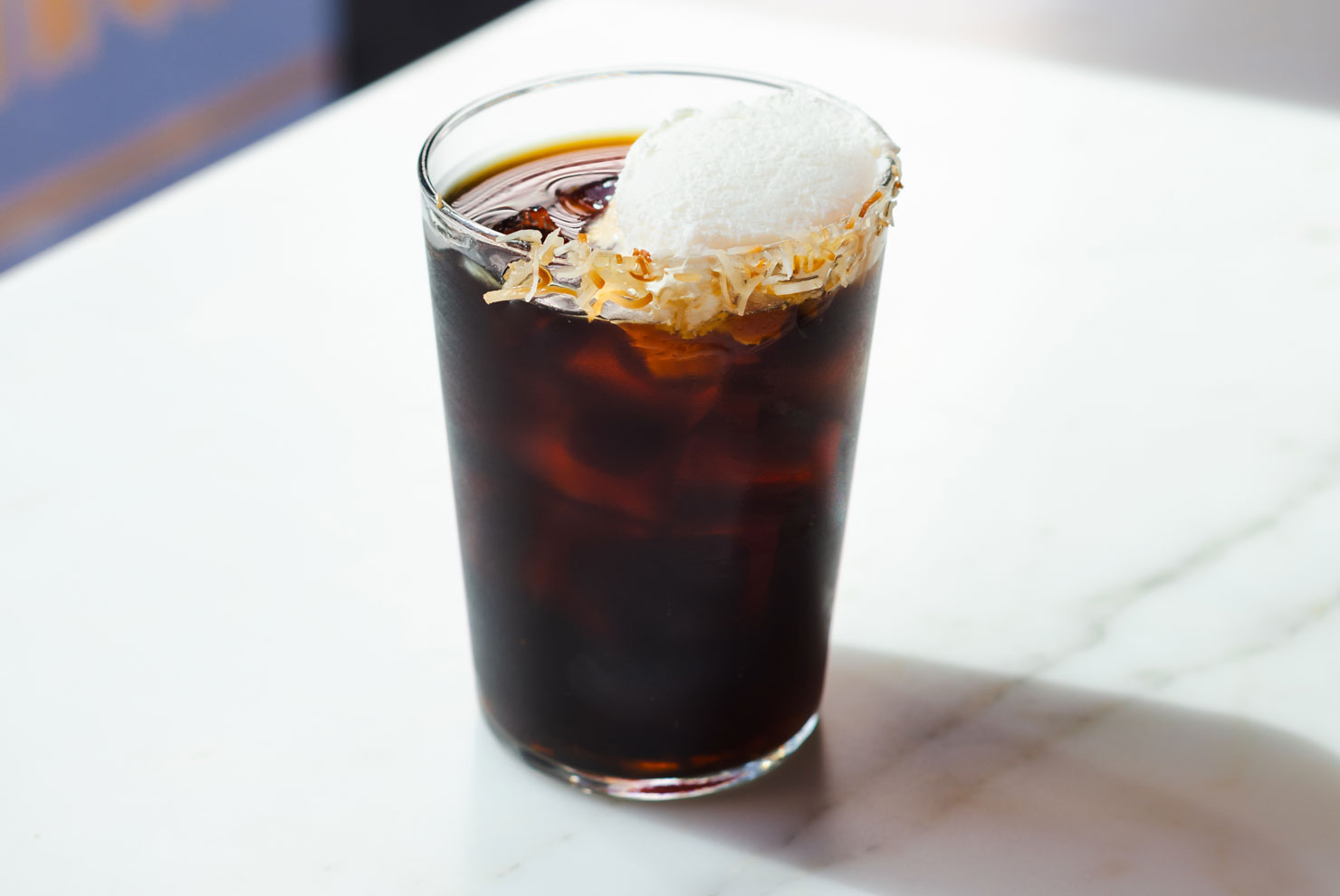Picture this: it’s early March 2020, and the COVID pandemic is looming just around the corner. You and everyone you know remains blissfully ignorant to this reality, even as businesses begin to discuss the possibility of a “two week” shut down. You excitedly venture into Coffee Fest New York, unaware that it’s the final big coffee event you’ll attend for quite some time, hoping to catch the finals of the World Latte Art Open. Just as you’re rounding the final corner before the event, a vendor catches your attention—”Hey, did you know that mushrooms are the next big thing in coffee?”
You stop dead in your tracks. “Mushrooms? In coffee?” you ask, skeptical yet intrigued. “Yes, mushrooms in coffee. It’s already huge in LA. Here, try a sample packet.”
You bring it home and you are immediately hooked. It becomes your pandemic at-home favorite—and just as this vendor alleged, coffee shops around the world slowly and stealthily begin to introduce various varieties of your favorite fungal friends into popular beverages over the course of the pandemic.
While the idea of mushrooms in your coffee may initially strike you as odd, this unassuming pair of ingredients is actually a match made in heaven. To understand why this combination works so well, you’d have to go to the experts, the mushroom coffee companies themselves. But to start, it’s important to note that mushroom coffee is not actually new, and the idea most certainly did not originate in the United States.
The health and wellness capabilities of mushrooms are something that humans have enjoyed and studied for thousands of years, examples of which can be found in texts from ancient Rome, Greece, and China. In a coffee context the history is more recent. According to Four Sigmatic founder and CEO Tero Isokauppila, “Finnish people have been using Chaga mushrooms as a coffee substitute since World War II and functional mushrooms have been a staple in many cultures for thousands of years.” However, it is somehow only within the past few years that the US coffee market has finally caught up with the affinity for fungus.
There is one likely culprit for this slow-rise in US popularity: American consumers are maybe not so keen on the uninterrupted, highly-bitter taste of certain mushrooms. “Oftentimes in wellness we trade taste for benefits,” remarks Jody Hall, founder and CEO of Wunderground Coffee. “While mushrooms were finally getting their due for their health benefits, most of the supplements and mushroom beverages tasted, well, a little too much like mushrooms.”
According to Taika Coffee co-founders Kal Freese and Michael Sharon, the issue of flavor is solved by introducing mushrooms into America’s favorite morning pick-me-up (coffee, duh). When combined, the strong flavor of coffee successfully hides the pungent taste of many adaptogenic mushrooms. Whether you’re infusing these fungi into black coffee or a milk-based beverage, what you’re left with is a deliciously creamy, delightfully umami, and caffeinated beverage. And as Drink Renude founder and CEO Brandon Mizrahie points out, “if you’re drinking coffee anyway, why not supercharge [it] in both health and taste?”
But then what about these magical health benefits that have had various cultures keen on adaptogenic mushrooms for ages? For starters, while many coffee drinkers rely on and thrive from the energy-boosting effects of caffeine, most of us have at some point felt the pure anguish of a day totally derailed by the dreaded caffeine jitters. According to Hall, “adaptogenic mushrooms naturally counteract caffeine jitters because they regulate stress and cortisol in the body.”
Beyond that, different types of mushrooms seem to offer various specific perks. For example, Rå Hygge founder and CEO Irina Sandberg explains that their Lion’s Mane-infused coffee tends to promote focus and mental clarity. So if you’re pulling an all-nighter to finish up that art commission, or just need to get through your boring, monthly two-hour store meeting, Lion’s Mane just might be the ‘shroom for you.
Mizrahie claims that Chaga mushrooms, however, boast a veritable smorgasbord of perks, including “immune support, stress relief, anti-aging and beautifying, endurance, and increased cognitive function.” So if you’re hoping to maintain that glowing, youthful skin along with your physical health, drinking Chaga mushrooms (and Drink Renude’s Chagaccino) will likely be a rewarding decision.
Freese and Sharon explain that Reishi mushrooms support the immune system and help the body heal through daily stress, while Cordyceps militaris boost energy levels. As we collectively endure the ongoing trauma of living through a global pandemic, these mushrooms may prove vital to our well-being. Not only is it imperative to maintain our immune systems, but the combination of pandemic fatigue and anxiety has already compelled many people to consider new and creative methods of maintaining their energy. Mushroom coffee is one such method—and likely among the tastier methods—for accomplishing this goal.
As the pair also points out, we have only scratched the surface of understanding the health benefits of adaptogenic mushrooms. Although crucial to note that mushrooms are not recommended as a substitute for medical intervention, various studies have already shown their success in boosting immunity in cancer patients and managing type-2 diabetes.
If you’re already an avid consumer of mushroom coffee, you may be delighted to know that this growing trend easily has long-term stamina. As a cluster of mushroom coffee companies has been eager to point out, the benefits of adaptogenic mushrooms may only become more necessary as time rolls on. While many of us laughed at the “nature is healing” memes of early pandemic, we are now contending with the reality that our existence on this tiny blue marble may unfortunately become increasingly stress-laden over the coming months and years.
For many of us, caffeine-induced anxiety can make this feel worse. By presenting an alternative—one that allows consumers to reap all the benefits of coffee without increasing stress levels—mushroom coffee may someday reach a level of popularity akin to avocado toast (at least among non-homeowning, naturally anxious millennials).
Indeed, Freese and Sharon envision an explosive trajectory for the popularity of mushroom coffee, and suspect that it will soon become mainstream. They imagine that as more coffee shops begin to offer mushroom-based beverage components, emerging research will add to an already extensive literature about their health benefits. (To say nothing of the emerging field of study around the mental health benefits of psilocybin.) Over time, beverage innovators will develop exceedingly effective mushroom extracts with neutral or positive flavors to be added into various beverages. Perhaps one day, patrons will even have a choice about which type of mushroom they would like added to their beverage depending on the physical or mental effects they seek.
If you’re interested in trying mushroom coffee, here are some popular offerings to check out from notable mushroom coffee brands:
- Copenhagen-based Rå Hygge offers a Lion’s Mane coffee, which promotes focus and mental clarity.
- Four Sigmatic’s best-selling Think ground coffee is “your brain’s best friend,” according to Isokauppila. It’s A combination of Lion’s Mane and Chaga mushrooms promotes focus and steady energy.
- Taika Coffee offers a creamy, canned, and plant-based Macadamia Latte, which tastes like drinking melted ice cream and contains the brand’s in-house adaptagenic blend.
- Wunderground Coffee’s Brainchild promises an increase in cognitive function, focus, and mental clarity thanks to inclusion of Cordyceps and Lion’s Mane mushrooms. Their Hocus Pocus is also hugely popular, formulated with Chaga and Reishi mushrooms to heighten immunity.
- And lastly, Drink Renude deliberately “keeps it simple” by selling just one delectably-formulated product— their Chagaccino. This has worked out well for their brand, with more than 700 coffee shops across the United States now serving Chagaccino to droves of delighted customers. While there is not any coffee in the product itself, Chagaccino is formulated to mix deliciously with any coffee beverage (try it in a latte—you will not regret it).
Arielle Rebekah a freelance journalist and creator of Trans and Caffeinated. Read more Arielle Rebekah for Sprudge.






